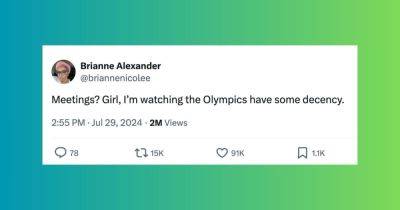I Have Difficulty Recognizing Faces — Even My Sister's. This Is What It's Like To Be Face Blind.
I always knew that recognizing people was not something I was particularly good at.
Growing up, I made sense of this the way I made sense of being good at spelling but not at soccer. I assumed that the experience of reorienting yourself after a play’s intermission, when the characters had changed costumes, was universal. I accepted that running into your teacher at the grocery store was a nightmare — not because it gave you a glimpse into their real life, but because it would take you a while to figure out where you knew them from outside the context of the classroom. I thought it was weird that my friends thought it was weird that I printed out and labeled photos of David Schwimmer, Matthew Perry and Matt LeBlanc as references so I could follow along as I watched the first season of “Friends.”
It wasn’t until ninth grade, when a psychiatrist asked me if I’d ever heard the word “prosopagnosia,” that I finally started putting the pieces together.
More than 10 million people in the U.S. may experience difficulty with facial recognition. It’s possible many of them don’t even realize it. Like many things, facial recognition exists on a spectrum. But because nobody can be inside another person’s head, it can be hard to know exactly where on that spectrum one falls — and whether they fall within the range of “normal.”
Prosopagnosia, or face blindness, is generally categorized into two types: acquired prosopagnosia (AP), which occurs due to traumatic brain injury, and developmental prosopagnosia (DP), which is based in genetics. I have DP and, following my diagnosis, my mother and her mother realized they likely have it, too.
When people first find out that I am face blind, they often ask if I can see what they look like. The







